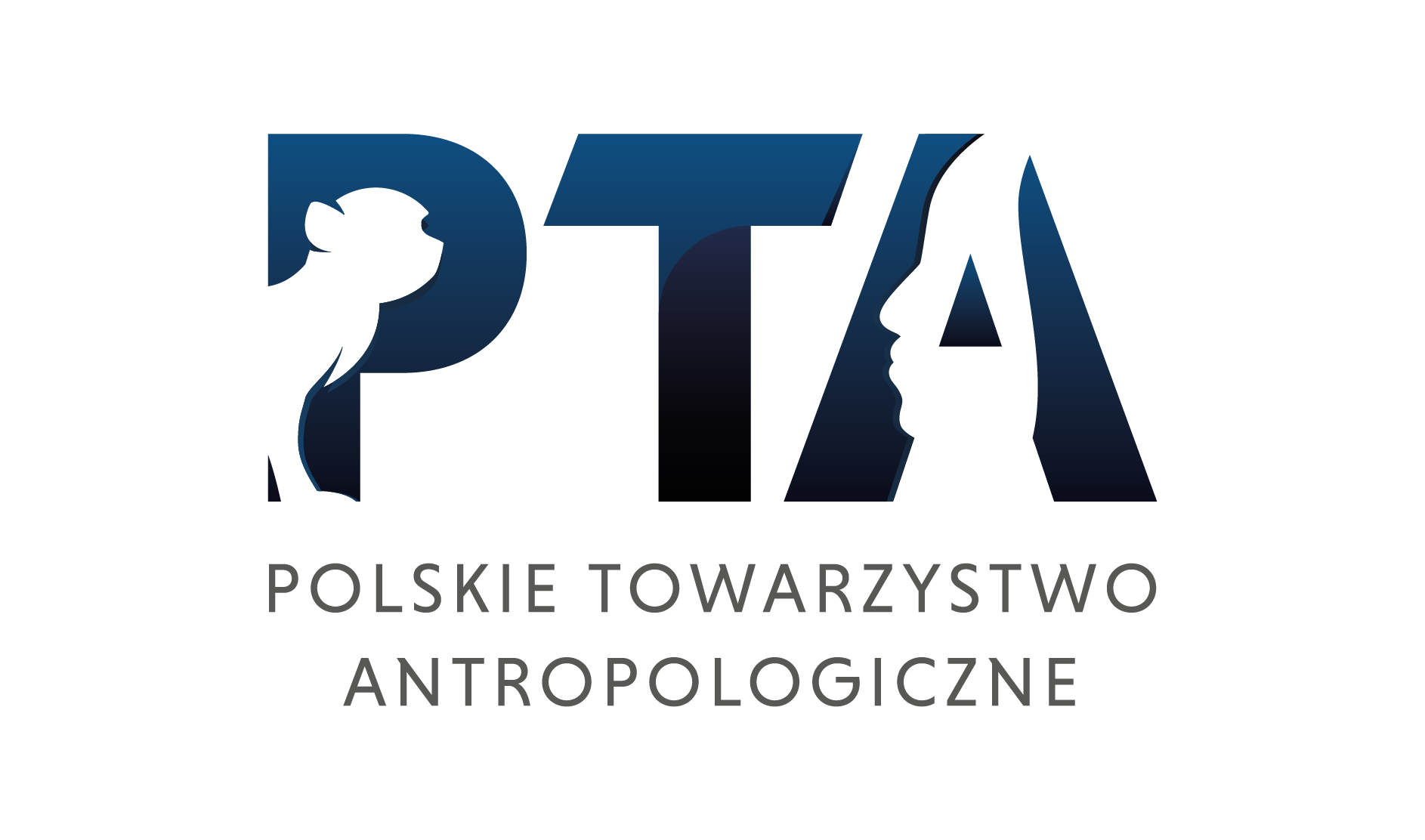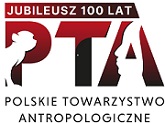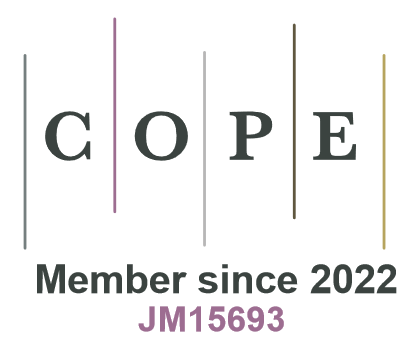Normalacy and norm as a biological system of reference
DOI:
https://doi.org/10.18778/1898-6773.45.1-2.06Abstract
Authors explain notions of "norm” and “normalacy” on grounds of relations between phenotype and genetic-environmental interactions responsible for phenotypic variability. Phenotypic variability is due to a fact that genotype does not determine unequivocally formation of a phenotype, but only so called norm of reaction of an individual. In turn recombination of parental genes within a population determines so called adaptive norm of a population. Therefore, in Authors’ opinion, normalacy is a range of phenotypic variability within an adaptive norm of a population. However, not all that is normal is a norm. Developmental norm is a biological system of reference for examining physical development of populations of children or separate individuals. Its range is in any case ascertained by means of statistical methods and depends on an aim towards which a norm is constructed. Authors remind that a system of reference can be constituted by various ranges of phenotypic variability of a given character depending on its basic statistical characteristics: arithmetic mean and standard deviation. Hence the best form of graphic presentation of a developmental norm is percentile grid containing information as to a full range of variability. When evaluating physical development of a given individual, depending on an aim of this evaluation, a type and range of a norm suitable for a given purpose should be applied. Authors give a review of most commonly used types of developmental norms and a number of detailed proposals (with examples) regarding construction of different ranges of norm for various purposes.
Downloads
References
Rieger R, Michaelis A, Green M. M., 1974, Słownik terminów genetycznych, Warszawa.
View in Google Scholar
Welon Z. 1974, Rozwój osobniczy [w:] Człowiek wśród ludzi [red. H. Milicerowa] Warszawa.
View in Google Scholar
Wolański N. 1975, Metody kontroli i normy rozwoju dzieci i młodzieży, Warszawa.
View in Google Scholar
Downloads
Published
How to Cite
Issue
Section
License

This work is licensed under a Creative Commons Attribution-NonCommercial-NoDerivatives 4.0 International License.








